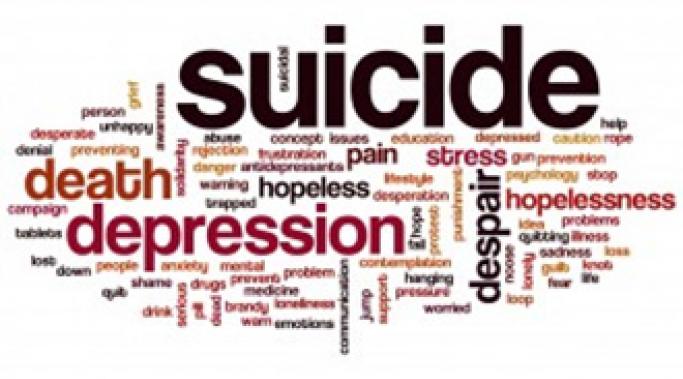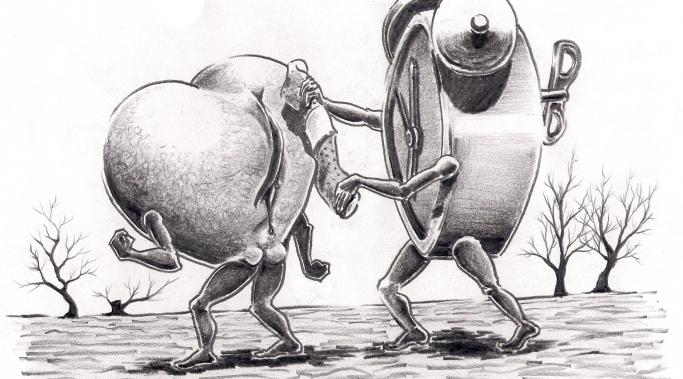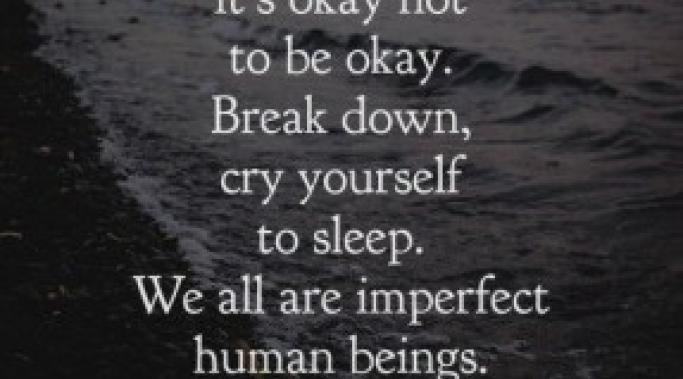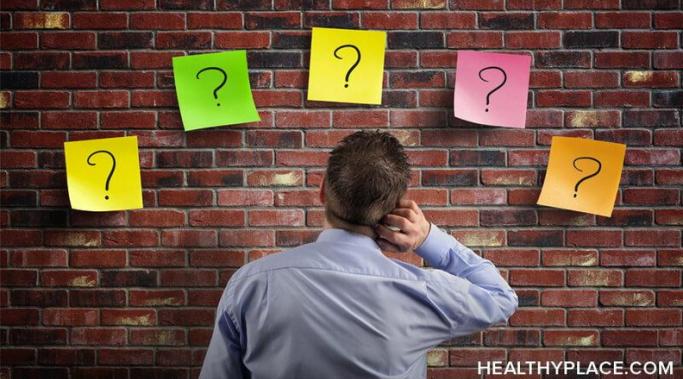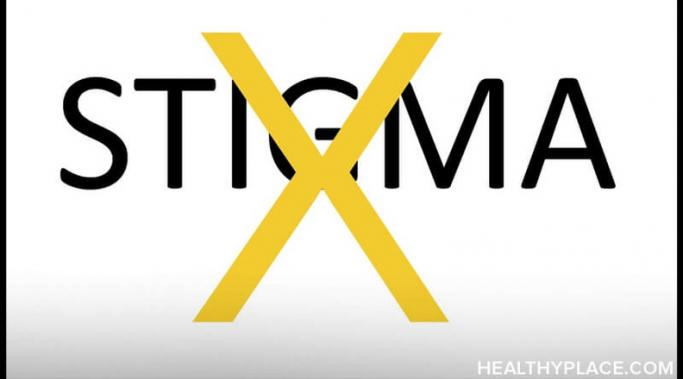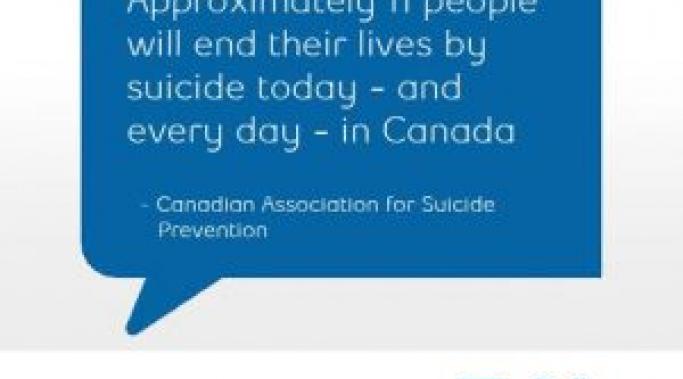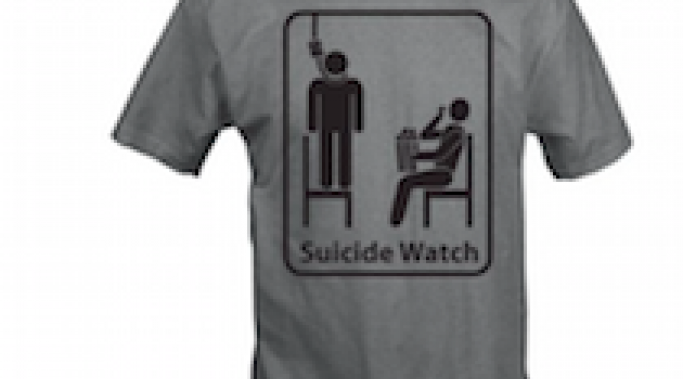There is a stigma around suicide that says suicide is selfish. Despite all the conversations everyone has started about mental illness, despite any awareness campaigns and openness from people who have struggled, suicide is still a touchy subject (#SU4MH). It’s avoided and it’s looked down upon. Most commonly, suicide is called selfish. How can someone kill themselves and not think about the people left behind? How can someone only think of their own pain? But the idea that suicide is selfish is a product of stigma.
Dealing with Stigma
We’re pretty obsessed with time and how its passing affects mental illness. We look at the amount of time we’ve suffered from mental illness and the amount of time we’ve recovered (Another New Year With Mental Illness). We use time to gauge how far we’ve come and how far we have to go. We use it to commend ourselves for how long we’ve been fighting. This obsession with time affects mental illness, but time does not heal mental illness.
It's important to know when to let someone with a mental illness be upset. The phrase, “It’s okay not to be okay” is commonplace among the encouragements from the mental health community; and rightly so since the message is more than true and something that we all need to realize (With Mental Illness, It's Okay To Create Your Own Normal). Unfortunately, the phrase seems to stop there and “okay” means only certain types of okay. What I mean is, while people are happy to say that phrase and feel like they mean it, letting someone with a mental illness be upset isn't considered "okay."
Self-care isn’t a foreign topic when it comes to mental illness. Not only can self-care improve your overall mental wellness, but it’s more often than not a topic of conversation because of how incredibly difficult it can be to take care of ourselves when we’re struggling. The simple act of getting out of bed or having a proper meal can seem like a mountain to climb. One of the more interesting aspects of self-care, I think, is the self-stigma that’s attached to it; the self-stigma that says maybe we should stop focusing on ourselves for once.
I wish to address the good and bad of mental health self-diagnosis after my last blog post Destigmatizing Self-Diagnosis of Mental Illnesses due to the response I’ve gotten. I knew from the moment I thought of writing that blog I would be faced with a large amount of disagreement, and although I didn’t receive as much as I had expected, it was still present. So here is, more or less, a response to everyone who commented and probably even some of those who didn’t on the good and bad of mental health self-diagnosis.
One thing that has a bad reputation, even within the mental health community, is self-diagnosis but I think that self-diagnosis of mental illness should be destigmatized. I have seen posts that suggest people who self-diagnose are just attention-seekers who give a bad name to mental health and those who suffer with mental illnesses. Especially in the day and age when Googling symptoms can sometimes lead to really extravagant diagnoses, it seems perhaps better to just avoid self-diagnosis at all but destigmatizing self-diagnosis of mental illness may be a good thing.
Mental health labels can cause self-stigma, but they don't have to. An interesting realization came to me the other day. When I think about it now, it kind of seems self-evident, but it really struck me just how much of an issue it is. I’m talking about the self-stigma we feel when it comes to labels – whether the generalized “mental health” or “mental illness” label or more specific ones like depression or bipolar or whatever mental illness it is you deal with. But you can remove self-stigma from mental health labels.
You can use social media to combat mental health stigma. In today’s day and age, the Internet provides us with memes, cat videos, celebrity news, and Facebook plus other social media platforms, among other things. A lot of people would scoff and say some people spend too much time online and not enough time interacting with others. I can agree with this to some degree – that we see more online interaction than face-to-face interaction sometimes – but I think people who demonize the Internet are failing to see the amount of good it can do if we use social media to combat mental health stigma.
Sometimes corporations promote mental health stigma. I saw an example of this recently and knew I had to write about it. Corporations may not know they promote mental health stigma but sometimes they do it anyway.
The holidays can be a time of mental health stigma. The holidays can be a wonderful time of the year; the sparkle of tinsel and coloured lights, the cheery tunes on the radio, gift giving, and time with friends and family all contribute to the festive air. What a lot of people don’t realize is all that festivity can become a time of struggle for those with mental health issues (Your Mental Health and the Holiday Season). Those with mental illness may have to survive mental health stigma through the holidays.
